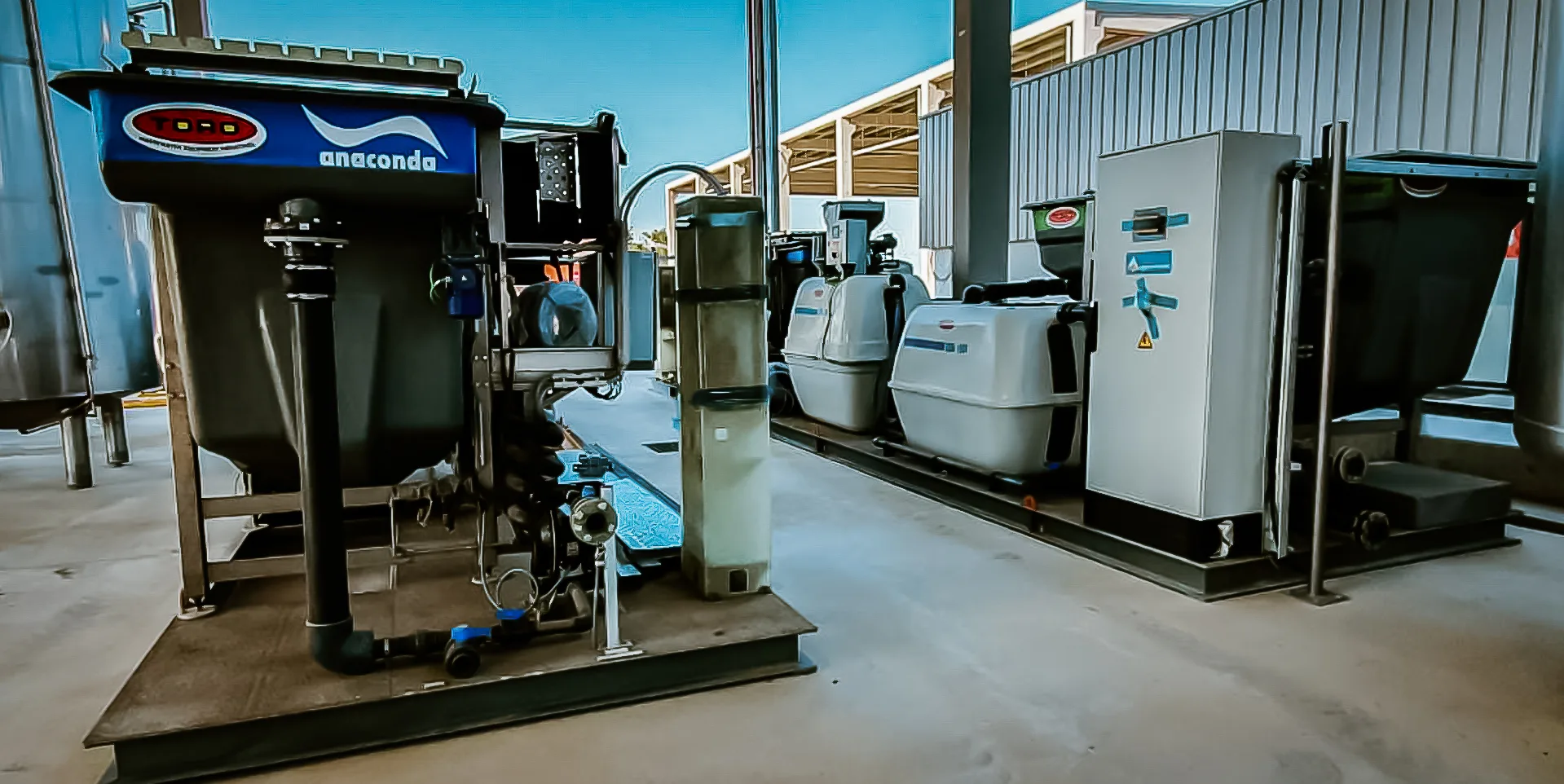

Wastewater treatment systems residential. Wastewater treatment systems for residential properties play a crucial role in maintaining a clean and sustainable environment. These systems are designed to treat and dispose of wastewater generated from households in an efficient and eco-friendly manner. By implementing a wastewater treatment system, homeowners can reduce their impact on the environment and ensure that their wastewater is properly treated before being released back into the environment. There are several types of wastewater treatment systems available for residential use, including septic tanks, aerobic treatment units, and advanced treatment systems. Each type of system has its own set of benefits and considerations, making it important for homeowners to choose the right system for their specific needs. Septic tanks are one of the most common types of wastewater treatment systems used in residential properties. These tanks are underground structures that collect and store wastewater from the household. The wastewater is then treated and separated into three layers: solids, liquids, and scum. The solids settle at the bottom of the tank, while the liquid flows out into a drain field for further treatment. Aerobic treatment units are another popular choice for residential wastewater treatment. These units use oxygen to break down organic matter in the wastewater, producing cleaner effluent that can be safely discharged into the environment. Advanced treatment systems, such as membrane bioreactors and constructed wetlands, are also gaining popularity for their ability to treat wastewater to a higher standard. These systems use advanced technologies to remove contaminants and pathogens from the wastewater, producing effluent that meets strict water quality standards. When choosing a wastewater treatment system for a residential property, homeowners should consider factors such as the size of the property, the number of occupants, and the local regulations governing wastewater treatment. It is important to work with a qualified professional to design and install the system to ensure that it meets all requirements and functions properly. Regular maintenance and inspection of the system are also crucial to ensure its long-term performance and prevent any issues that may arise. In conclusion, wastewater treatment systems for residential properties are essential for protecting the environment and public health. By investing in a quality system and following proper maintenance practices, homeowners can contribute to a cleaner and healthier community for generations to come.